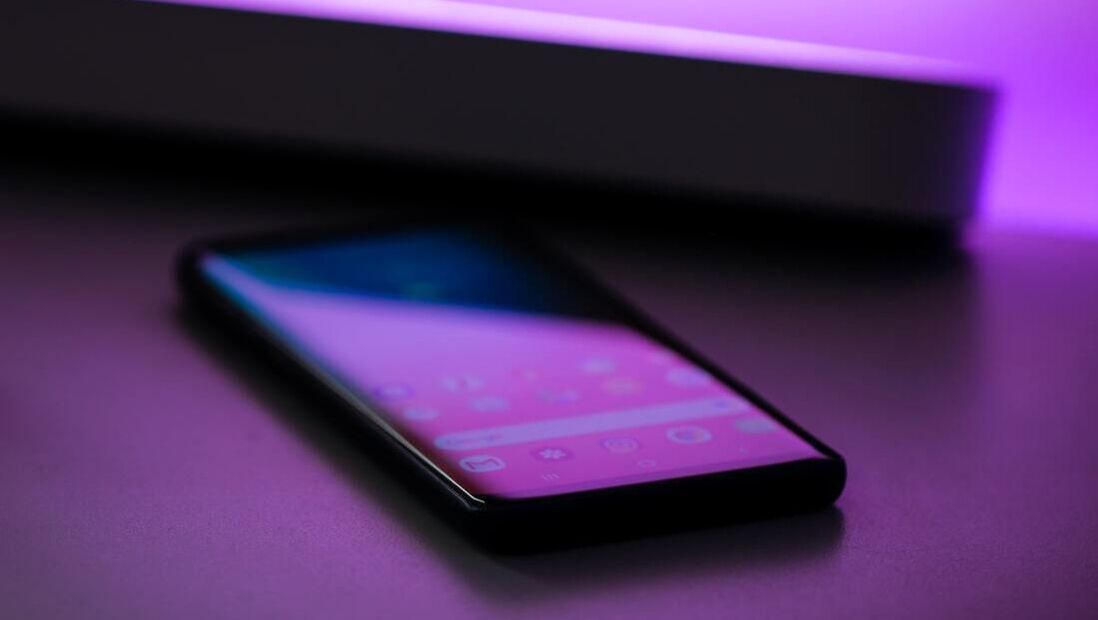|
The U.S. Supreme Court held in Riley v. California in 2014 that cellphones are not like other objects. The texts, emails, instant messages, online searches, and apps inside a phone can reveal just about everything about us, what the Court called “the privacies of life.”
The Court ruled that the police need to obtain a probable cause warrant to investigate a suspect’s cellphone. But what are the rules if the cellphone is abandoned or thrown away? Courts are currently applying the law governing ordinary abandoned objects to cellphones. This question arises from the case of a Virginia man, Antonio Daren Futrell, who realized that he had left his cellphone inside a restaurant. He tried to retrieve it, but it was past closing time, and the employees wouldn’t let him back in. There was an altercation and, long story short, Futrell was later convicted of firing a gun at a security guard before fleeing the scene. When the police found Futrell’s phone inside the restaurant – which was now considered abandoned after Futrell fled – they were able to access it because Futrell had not protected it with a passcode. Now lawyers for Futrell have filed a petition asking the U.S. Supreme Court to clarify the question of whether a police officer who finds a discarded phone has free access to anything inside it. “If you throw your phone away or discard it or trade it in, police can do whatever they want,” said Brandon Boxler, one of Futrell’s attorneys, told The Daily Press of Newport News. “They can access your emails, your bank records, your phone calls, text messages, photos – everything is fair game that’s on the phone.” Futrell’s petition challenges Hester v. United States, a 1924 case in which the Supreme Court allowed the warrantless search of a moonshine bottle a suspect threw away. The Court later applied that doctrine to objects as disparate as a pencil and drug paraphernalia thrown in the trash. “Cellphones are different,” Boxler wrote in the Daily Press in 2021. “They have massive storage capabilities. A search of a cellphone involves a much deeper invasion of privacy. The depth and breadth of personal and private information they contain was unimaginable in 1924. “We use cellphones as cameras, personal assistants, navigation devices, web browsers, and everything in between,” Boxler wrote. “And with advances in cloud computing, cellphones can access years – if not decades – of bank records, medical records, emails, location data, and other sensitive information. Can anyone really ‘abandon’ this information, even if they discard a cellphone?” While the chances the Supreme Court will take up this petition are remote, Futrell’s attorneys were heartened last Thursday when the Court asked the Virginia Attorney General’s office to respond to the petition. Comments are closed.
|
Categories
All
|


 RSS Feed
RSS Feed